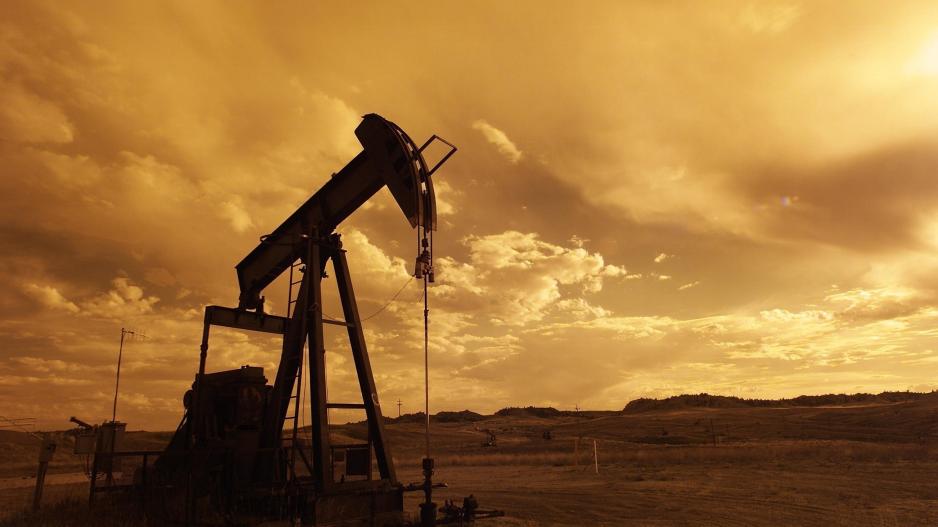TotalEnergies and Shell CEOs Challenge Criticism on Reducing Oil and Gas Production
TotalEnergies CEO, Patrick Pouyanne, recently defended the company's strategic approach to emissions, affirming their long-term commitment to oil and natural gas. Despite repeated warnings about the detrimental effects of increased fossil fuel production, Pouyanne emphasized that TotalEnergies will continue to prioritize these energy sources.
During an interview with CNBC in Vienna, Austria, on the sidelines of the OPEC conference, Pouyanne stated that the company has allocated almost one-third of its expenditures to low-carbon technologies, with the remainder dedicated to oil and gas production. "We are fully invested in both pillars, and we will remain so for the foreseeable future," Pouyanne emphasized.
Pouyanne acknowledged the societal demand for oil and natural gas, which currently account for 80% of global energy consumption. He highlighted the impossibility of abruptly eliminating these resources and relying solely on the 10% of energy supplied by low-carbon alternatives. He stressed that transitioning to a new energy system will require decades of effort. The CEO's comments come in the wake of criticism from climate activists who disrupted TotalEnergies' annual general meeting, prompting a response from the French police using tear gas.
While acknowledging the concerns raised by activists regarding the company's pace of energy transition, Pouyanne stated that striking a balance between supply security, economic affordability, and sustainability represents an enormous challenge. Pouyanne warned that if investments in oil decline, it could lead to a surge in oil prices, reaching $150 to $200 per barrel. Such an outcome would be highly undesirable for consumers and create significant challenges for society at large. He emphasized that the focus should not solely be on fossil fuels themselves, but rather on reducing emissions. Pouyanne stressed the need for stringent emission reduction measures while continuing to produce oil and natural gas.
The CEO highlighted the company's commitment to leveraging advanced technologies to produce oil and natural gas in a smarter and more environmentally friendly manner, with lower emissions. At the same time, TotalEnergies is heavily investing in new low-carbon energy solutions. By pursuing these dual strategies, TotalEnergies aims to navigate the complex energy landscape, addressing concerns related to emissions while ensuring the availability, affordability, and sustainability of energy supplies.
Pouyanne concluded by underscoring the necessity of managing the energy transition at a pace that is acceptable to society, recognizing the challenges and complexities involved. He has also labeled the energy price surge in 2022 following Russia's full-scale invasion of Ukraine as a "disaster."
Acknowledging the diverse opinions on the matter, Pouyanne stated that TotalEnergies has a strategy that is exposed to its shareholders' perspectives. While recognizing the urgency to move away from fossil fuels, he highlighted the practical challenges involved and the importance of finding the right balance to meet the expectations of various stakeholders. Nevertheless, TotalEnergies is committed to achieving its goal of becoming a zero-emission company by 2050. As part of this commitment, they have set a target to reduce emissions from all their products by 40% by 2030.

Meanwhile, Shell CEO, Wael Sawan, has criticized the policy of reducing natural gas and oil production, deeming it "irresponsible" due to its potential to exacerbate energy costs and worsen the cost of living crisis. Sawan's remarks came in response to comments made by UN Secretary-General Antonio Guterres, who referred to investing in new fossil fuel infrastructure as "moral and economic madness."
During an interview with BBC on Thursday, Sawan respectfully expressed his disagreement with Guterres' stance. He emphasized that a complete cessation of oil and gas production would be dangerous and irresponsible, as it would lead to a sharp increase in the cost of living, reminiscent of the challenges faced in the previous year. In addition, Sawan issued a warning regarding the potential consequences of increased energy demand from China and the prospects of a harsh winter in Europe. He cautioned that these factors could cause energy prices to surge, impacting consumers' bills and financial well-being.
The invasion of Ukraine by Russia, a significant energy producer, in early 2022 resulted in a sharp rise in electricity and natural gas bills. The subsequent high inflation and strain on global living standards further highlighted the importance of carefully managing energy resources. Meanwhile, Shell recently announced its intention to maintain stable oil production until 2030. This decision sparked controversy among climate activists, who argue for more aggressive actions to combat climate change.
Sawan emphasized the current reality that the global energy system still heavily relies on oil and natural gas. He stressed the need to develop new energy systems for the future before completely phasing out these traditional energy sources. Sawan also noted that collective progress in this regard has yet to reach the required pace. Despite the ongoing discussions and differing perspectives, Shell remains committed to its overarching objective of achieving net-zero carbon emissions by 2050.






